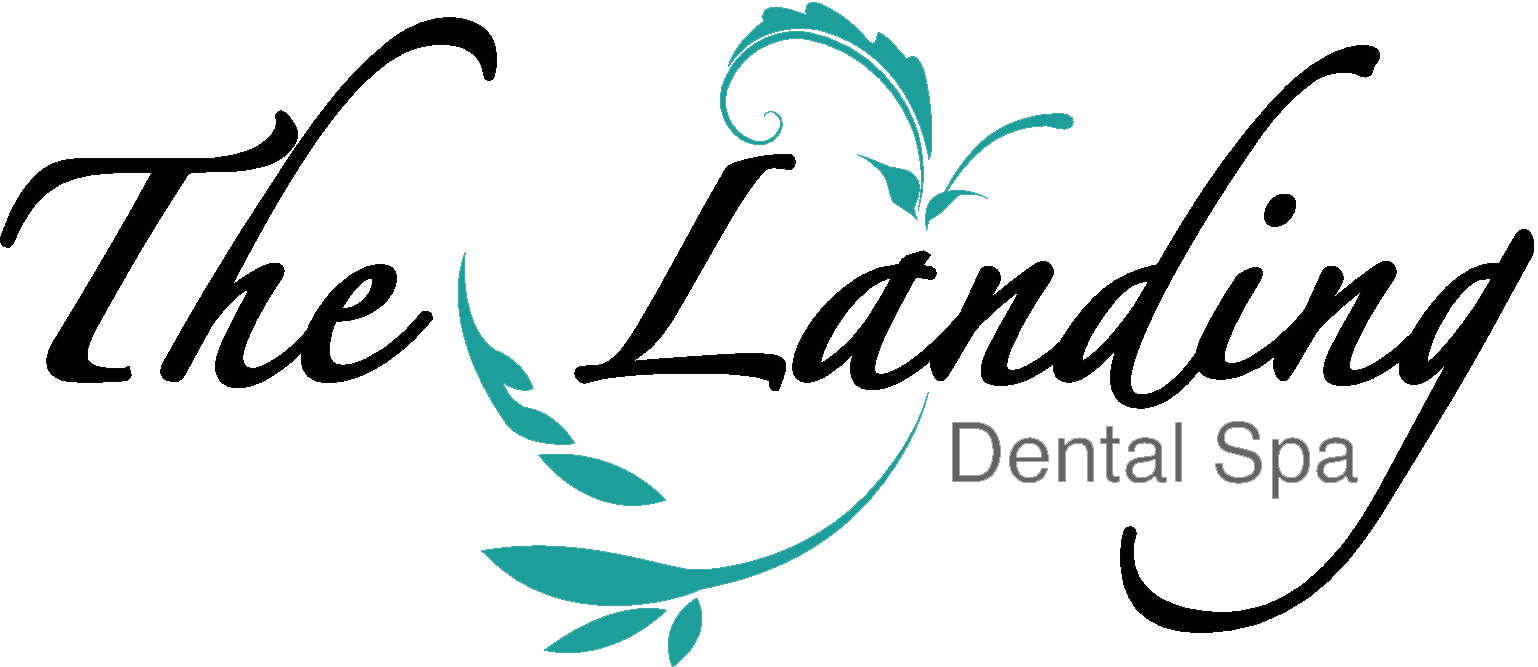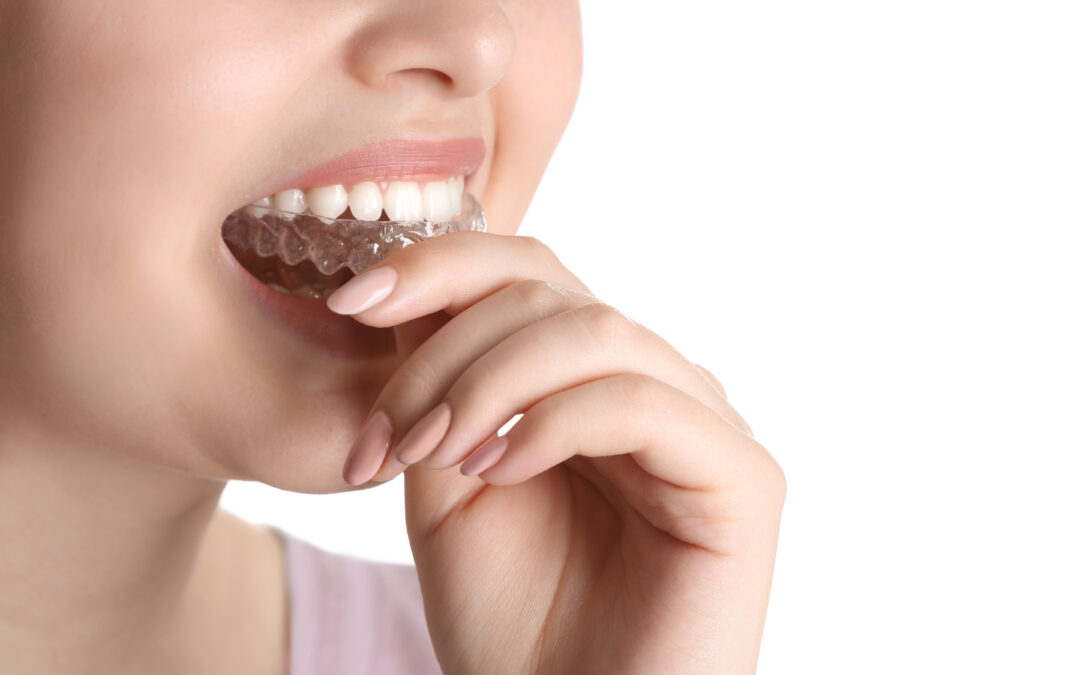Do you suffer from headaches, jaw pain or sensitive teeth? If so, you may be unconsciously grinding or clenching your teeth at night while you sleep or during the day while you are awake. This condition is medically known as bruxism. Occasional teeth grinding does not usually cause harm, but when teeth grinding occurs frequently, it can lead to dental complications.
If you grind your teeth, do not worry, there are treatment options available to help stop the damage from doing it. Continue reading to learn more.
WHAT CAUSES TEETH GRINDING?
Teeth grinding appears to be caused by a combination of genetic, physical and psychological risk factors. WebMD states that it is most often related to an abnormal bite or missing teeth. But stress, anxiety, sleep apnea and a sleep disorder can all cause someone to grind their teeth as well.
Some additional risk factors of teeth grinding can also include:
-
- Age: Common in young children
- Personality type: Having an aggressive, competitive or hyperactive personality
- Medications or other substances: Taking psychiatric medications (like antidepressants), using recreational drugs, smoking tobacco and drinking caffeinated beverages
- Family members with bruxism
- Other disorders: Can be associated with Parkinson’s disease, dementia, gastroesophageal reflux disorder (GERD), epilepsy, night terrors, sleep-related disorders and attention-deficit/hyperactivity disorder (ADHD)
WHAT ARE THE SYMPTOMS OF TEETH GRINDING?
According to Mayo Clinic, teeth grinding can cause the following symptoms:
- Teeth that are flattened, fractured, chipped or loose
- Worn tooth enamel
- Increased tooth pain or sensitivity
- Tired or tight jaw muscles
- A locked jaw
- Jaw, neck or face pain or soreness
- Pain that feels like an earache
- Dull headache starting in the temples
- Damage from chewing on the inside of your cheek
- Sleep disruption experienced by you or your partner
Severe teeth grinding can lead to serious oral complications, which may include:
- Damage to your teeth, restorations, crowns or jaw
- Tension-type headaches
- Severe facial or jaw pain
- Disorders that occur in the temporomandibular joints (TMJs)
HOW CAN I STOP GRINDING MY TEETH?
If your dentist suspects that you might be grinding your teeth, they may ask some questions about your general dental health, medications, daily routines and sleep habits. They will perform a dental exam to look for other dental problems or any underlying health conditions. Treatment options will vary depending on the reason for grinding your teeth.
Use a Nighttime Mouthguard
If you find yourself grinding your teeth during the night, you may need a mouthguard to help protect your teeth from damage. Occlusal guards are removable mouthguards that help prevent wear and tear on your teeth at night. Mouthguards can be purchased over-the-counter (OTC) or custom-made at your dentist’s office. The type of mouthguard you need can be best recommended by your dentist or healthcare professional. If you would like to learn more about mouthguards, check out our blog, Benefits of Going to the Dentist for a Mouthguard.
Reduce Stress
If grinding your teeth is related to stress or anxiety, you may be able to prevent the problem by implementing stress management techniques. Some examples of stress management techniques include yoga, meditation, talk-therapy and starting an exercise program.
Incorporate Tongue and Jaw Muscle Exercises
Tongue and jaw muscle exercises can help you maintain proper jaw alignment and relax your jaw and facial muscles. Healthline suggests trying the following exercises at home or with the aid of a physical therapist:
- Widely open your mouth while touching your tongue to your front teeth to relax the jaw
- Say the letter “N” out loud; this will keep your bottom and top teeth from touching and help you avoid clenching your teeth
Additional Treatment Options
Additional treatment options to help you stop grinding your teeth can include:
- Avoid or cut back on foods and drinks that contain caffeine
- Avoid alcohol
- Do not chew on pencils or pens or anything that is not food
- Relax your jaw muscles at night by holding a warm washcloth against your cheek in front of your earlobe
- Address sleep-related disorders
- Treat any underlying medical conditions
VISIT YOUR DENTIST | THE LANDING DENTAL SPA
Grinding your teeth is a common and treatable condition. But if it is left unchecked, teeth grinding can cause painful physical symptoms and lead to serious oral health complications. If you think you have this condition, make an appointment with one of our dentists here at The Landing Dental Spa. Our dentists will perform a dental exam and discuss the best-personalized treatment options for you. If you would like to make an appointment with us, please give us a call at 304-594-2200 or contact us online.


Recent Comments